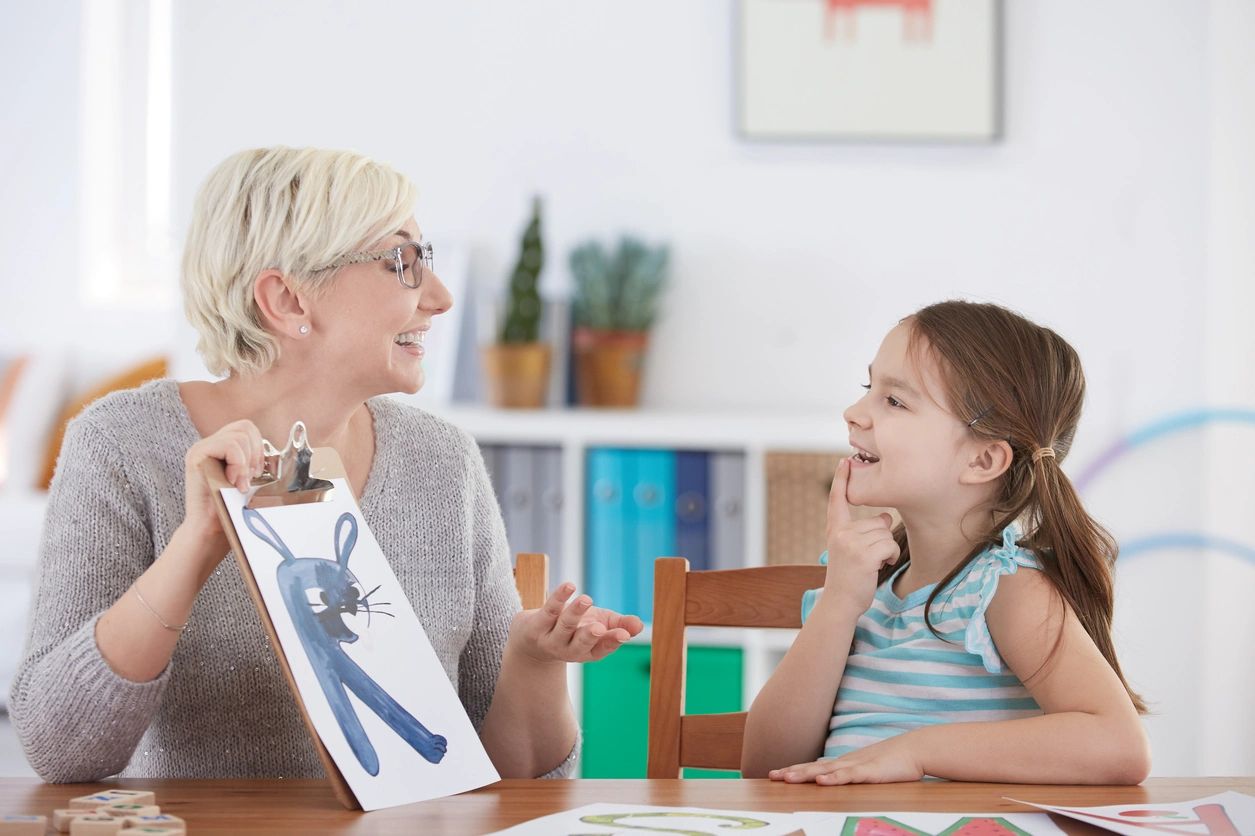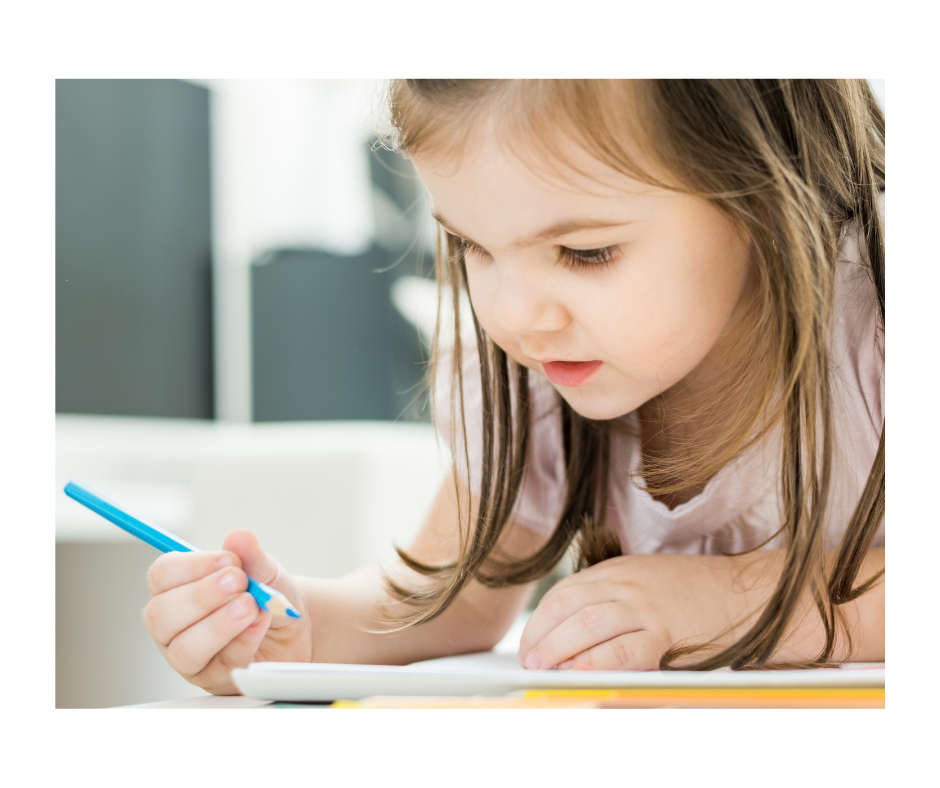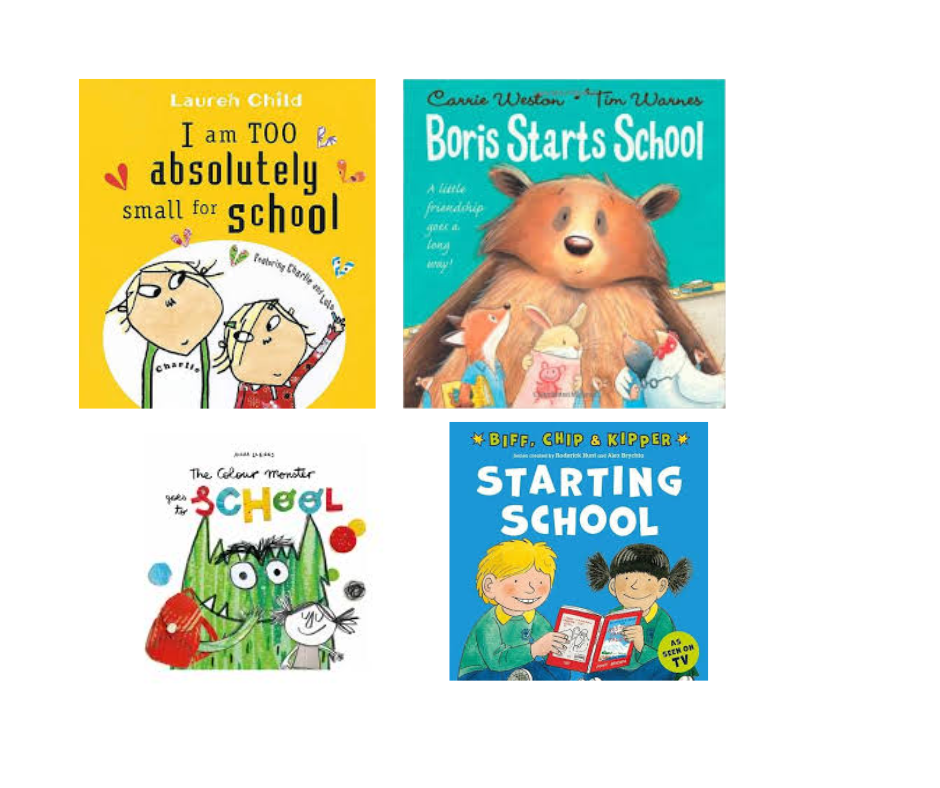Starting school in a reception class is a big milestone for both children and parents. It marks the beginning of a new chapter filled with excitement, growth, and new experiences. But as this first day approaches, preparing your child for the transition can feel overwhelming. In this blog, we’ll explore practical tips to help your little one feel confident and ready for their reception class journey.

Frances Maguire
Frances has worked in education for 25 years. Specialising in Early Years, she has just completed a Masters in Education at Chichester University. Frances works in Hampshire teaching in Reception and KS1 classes. Frances has also taught adult education Early Years Level 3 courses to the aspiring childcare workforce.
5 min read.

As a parent, watching your child take those first steps into the world of formal education can be a mixture of pride, excitement, and perhaps a touch of anxiety. It’s a big milestone for both you and your child as they embark on this new journey. While the transition to school can be daunting, there are several ways you can support your child to ensure they feel confident and independent from day one. Your child will soon be making friends, having fun and enjoying an education which will last a lifetime. Below are ideas and useful links to help you get ready for starting school. https://www.gov.uk/schools-admissions/school-starting-age When do children start school
Establish A Positive Outlook For Starting School: Your attitude towards your child’s new adventure sets the tone for their experience. Speak positively about school, highlighting the fun activities they’ll get to do, friends they’ll make, and all the exciting things they’ll learn. This optimism will be contagious and help ease any nerves your child may have. Tell them about the lovely time you had at school!
Take All the Opportunities Your Child’s New School Offers: Schools are experienced in understanding the anxieties both parents and children have when starting school. Therefore, You will be offered many opportunities to visit the school with your child, stay and play and meet the teacher.
Home Visits: Many Early years teachers will also visit your child at home and in their pre-school setting.
Visit School: Take the opportunity to visit the school with your child before the term begins. Familiarising them with the surroundings, classrooms, and playground can help alleviate any worries they may have about starting school.


Encourage Independence
Starting school is a significant step towards independence for children. Parents can support this process by encouraging self help in their daily activities. Teach your child essential skills. These include: zipping up their own backpack, putting on their shoes, and using the toilet independently. Reinforce they are capable of taking care of themselves, which will boost their confidence as they navigate the school day. Remember, your child will be in a class with other children. Their confidence will soar if they can do up their coat rather than having to wait for an adult. As a teacher I have on many occasions seen children with a learned helplessness. They are so used to everything being done for them, that this is their expectation rather than a reflection of their ability. Most 5 year olds can put on coats, manage zips, use a knife and fork and go to the toilet.
Foster A Love For Learning Ready For Starting School.
Parents play a crucial role in nurturing their child’s curiosity and love for learning from a young age. Create a home environment that encourages exploration, creativity, and intellectual growth. Incorporate activities such as reading together, engaging in imaginative play, and exploring nature to instill a lifelong love for learning in your child. Give plenty of opportunity to use playdough and colouring activities which help with fine motor skills needed for writing. By fostering a positive attitude towards education, you’ll set the stage for academic success in school. More here

Communicate Openly About Starting School.
Last but certainly not least, maintain open lines of communication with your child throughout the transition into school. Encourage them to express their thoughts, feelings, and concerns about starting school, and validate their emotions with empathy and understanding. Address any worries or fears they may have and reassure them that it’s normal to feel nervous about new experiences. By fostering open communication, you’ll strengthen your bond with your child and help them feel supported as they embark on this new chapter. There are many books that can help children make sense of the process of starting school. Look here
Reading with your child about starting school with good quality books will help them look forward to their school life and understand what to expect.

Books Help Children understand What will Happen at School.
In conclusion, the transition into school is a significant milestone in a child’s life, and it’s natural for both parents and children to feel a mix of emotions during this time. However, with the right approach and support, parents can help their child start school with confidence and enthusiasm. By establishing a positive attitude, familiarising them with the school environment, establishing routines, encouraging independence, fostering a love for learning, and maintaining open communication, parents can set their child up for success in school and beyond.

